I took my rapist to court but knew I’d be the one on trial
Laura Rowe took her childhood abuser to court. What she was asked on the stand is truly shocking. Warning: Distressing.
COMMENT
When I first went to police to report the sexual abuse I experienced as a child in the family home, I simply wanted to hand over the burden of risk to authorities.
I had already confronted my offender – my brother, Kent Rowe – in the past and I had begun to feel that by holding onto this secret for him, I had become an accomplice to my own sexual abuse.
I felt that I needed to do what I could to protect the community and prevent any future harm.
It’s one of the most commonly cited reasons survivors of sexual abuse give for coming forward: a desire to keep others safe and protect them from the harm they’ve suffered.
And in many respects, reporting should be considered an act of community service: by reporting to authorities, survivors are alerting us of the dangers that lurk within our community, and are providing us with valuable points of data that help us better direct our resources.
It is a great act of altruism we all benefit from. But this act of service also comes at a great personal cost.
This article appears as part of news.com.au’s exclusive #LetHerSpeak campaign, created by Nina Funnell
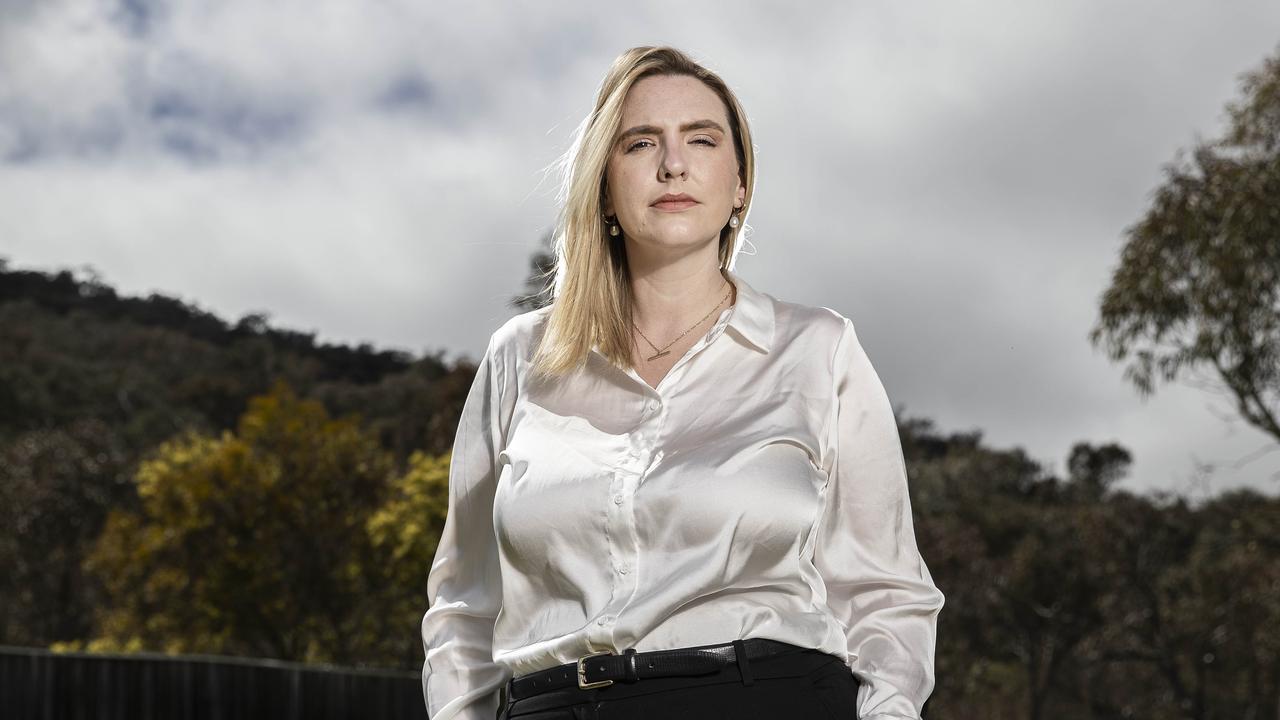
When I reported in 2021, I had recently completed my law degree. I was wide-eyed and full of hope for my legal career.
I thought my legal education would make it easier to navigate the criminal justice system, yet I found myself with more questions than answers.
I knew when I came forward I would not be able to control the outcome nor did I wish to, I simply wanted the appropriate people to make an objective assessment.
But I didn’t appreciate how deeply isolating and adversarial the process I had just entered into would be.
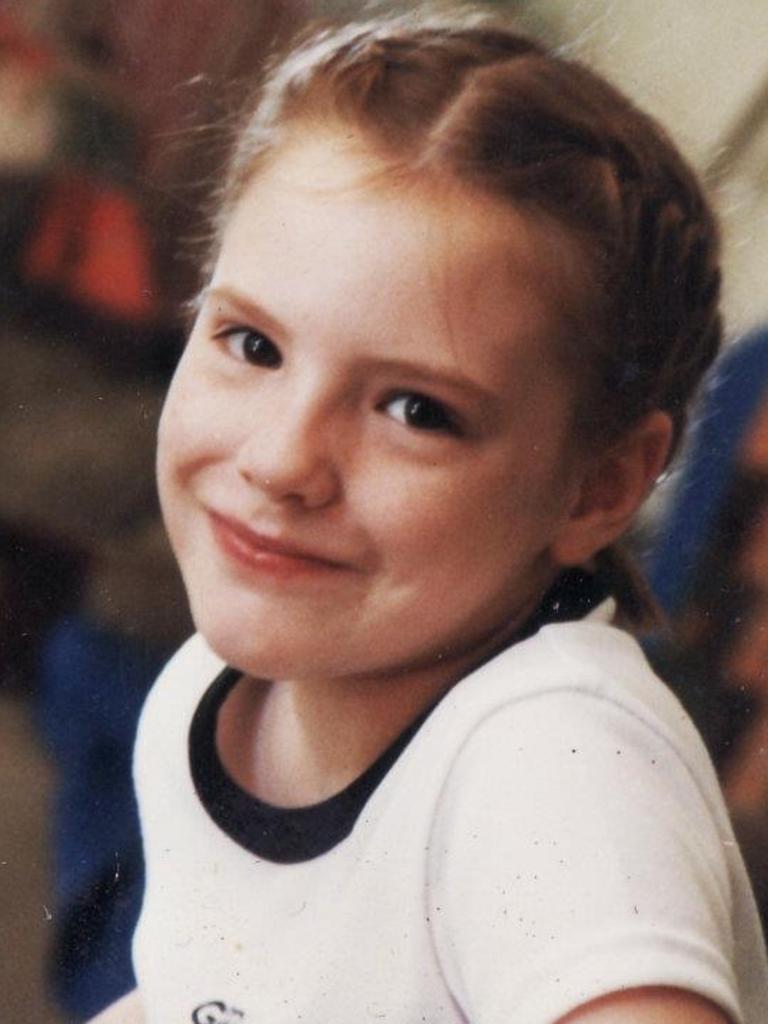
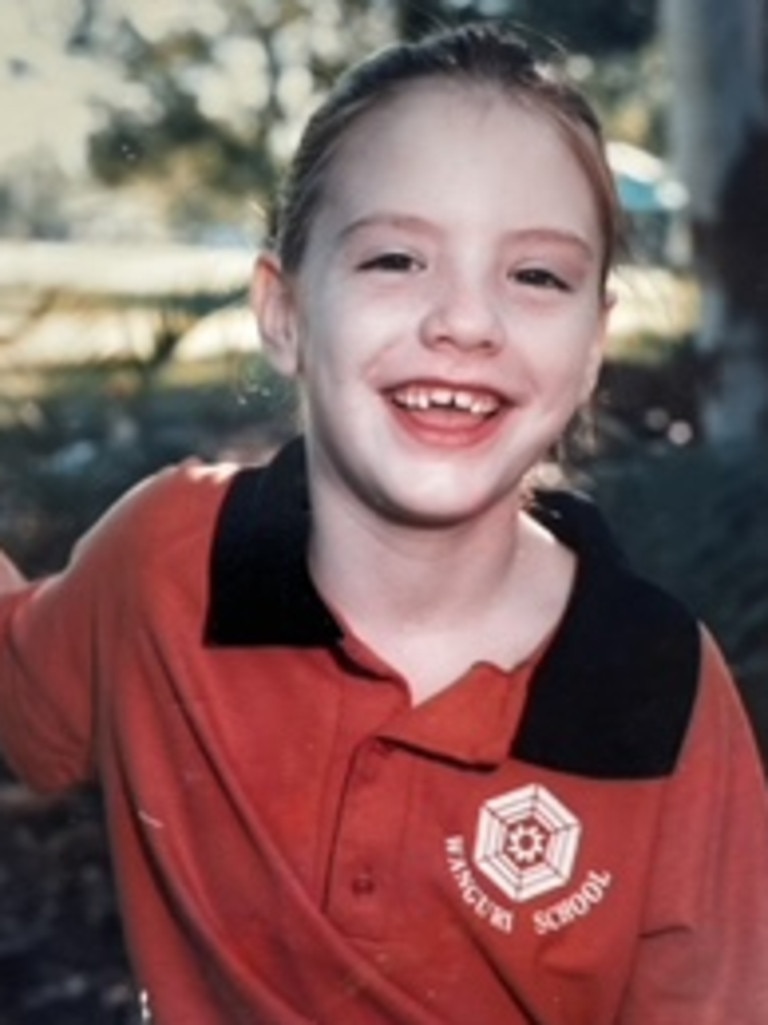
When I first met the prosecutor assigned to my matter I was taken by her genuine concern and understating of my motivations.
But I knew that she was bound by the DPP Prosecution Guidelines. This meant that while she would treat me with respect and consult me, ultimately her primary duty was to the community, not me.
She also made it clear that she may have to make decisions I did not agree with.
It was the community that I came forward to protect – and I was glad she was there for them – but it was clear no one was there for me.
When a sexual assault survivor enters the criminal justice system no one is specifically assigned to represent their interests.
The Department of Public Prosecution represents the State’s interests, and the defendant is represented by their lawyers.
But survivors have no one: not even as applications are made for their medical and counselling records, or their sexual histories are put on trial. Nor is there any legal support to protect them as media reports come in which compromise their privacy.
Like every other survivor that comes forward, my story had entered into a system, which I was not really a party to.
I was labelled a mere “witness” to a crime which is considered to have been committed against the State – not me.
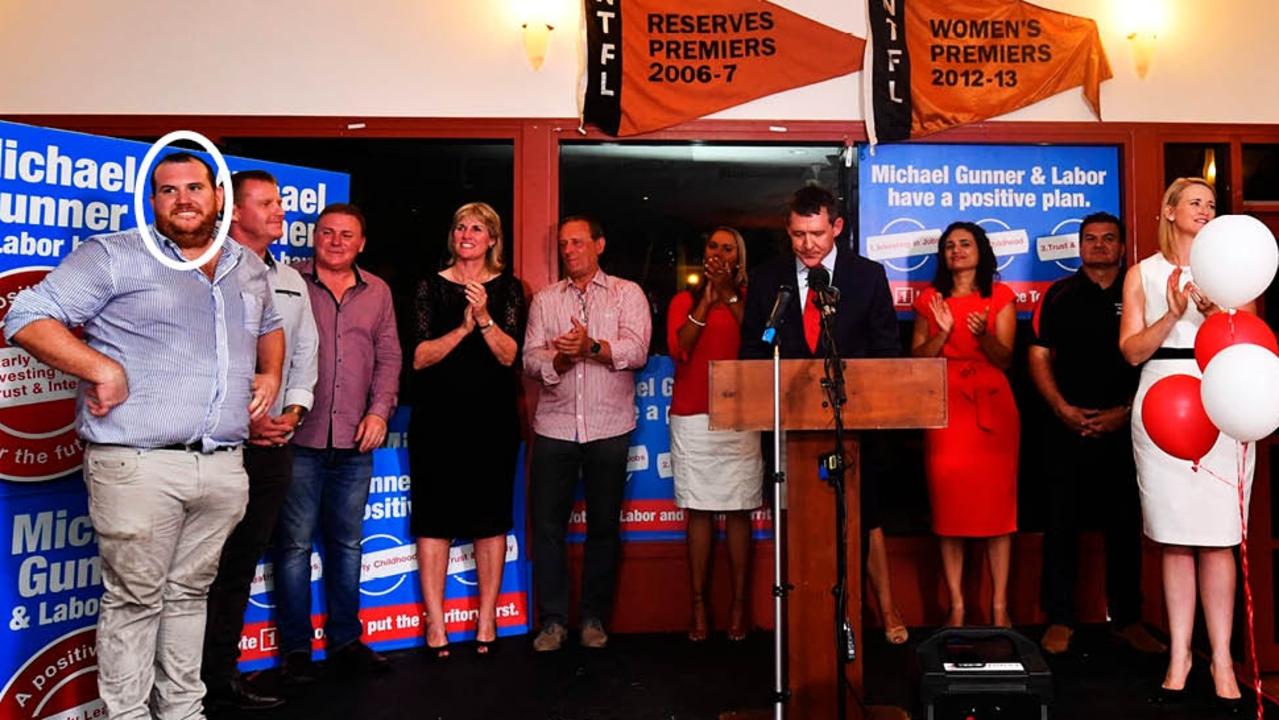
Media reports began to circulate about my case the day following my brother’s arrest.
I was at my desk in a brand new job when a friend sent me a message. It was a screenshot of her computer and on it, a media report that a “38-year old political staffer [had been] charged with historical offences against a family member”.
The report didn’t name me, but Darwin is a small place and soon the texts started to come in, one by one, from friends and former colleagues from all over the country.
I felt like I had opened Pandora’s box and there was no going back.
My initial feelings of empowerment which I had experienced upon reporting to police, soon gave way to feelings of solitude and isolation.
As the months rolled by, I felt like I was in purgatory. There were continual adjournments in the proceedings, I didn’t get any explanations, and the updates were not always prompt. I’d often find out about the next court dates via the media or several days later after prompting.
Things that directly impacted me were happening all around me but I felt locked out, shut-out of the process.
At the time, I was pregnant with my second child. My husband was overseas for six months, and I was caring for my 18-month-old all alone.
I felt like whenever I tried to get information about what was going on in court I would be encouraged to put it out of my mind and “forget about it” or “not worry about it” – as though that was ever possible.
I’d then be offered counselling and crisis numbers instead, when all I wanted was information.
People all around me knew what was happening before me.
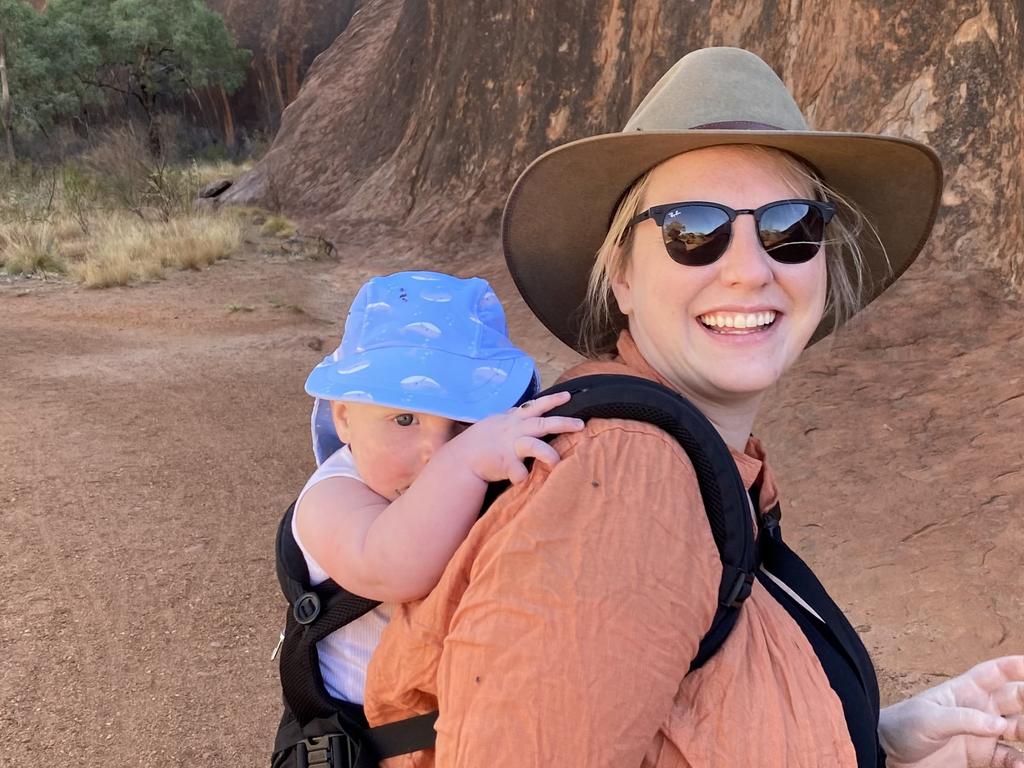
No one seemed to understand what being informed meant to me or how not having that information impacted my situation. The defendant on the other hand had all the information he needed. He went on with his life as per usual, meanwhile I retreated into myself.
My closest friends, family members, former colleagues and every boyfriend I had ever had were being called in to give statements.
I felt like I had become poison to everyone around me. Every relationship in my life changed in some way, and people saw me differently.
I knew I was on trial.
Then there was the media and online commentary, none of it negative about me, but it was horrible nonetheless.
The story became focused on him and his previous work. It further fed into the defendant’s narrative of this being some sort of attack against him where he was the real victim.
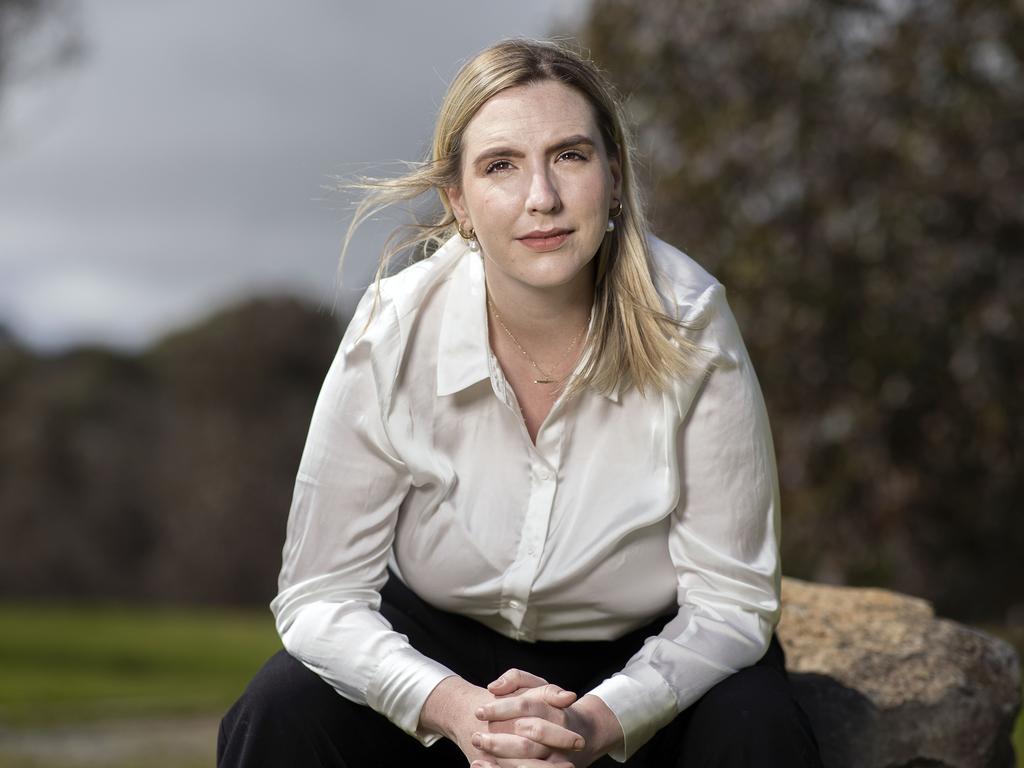
I was frustrated. I wanted to exercise my full rights and participate as much as I was allowed to, so I attended a mention in the Magistrates Court the day it was supposed to be committed to trial in the Supreme Court.
It was a big deal to me, I brought my then two-month-old baby, an Army Padre, and another support person.
The defendant never showed up and the matter wasn’t committed to trial that day. Even so, being in there meant so much more to me than anyone would understand: it was the first time I felt like I was able to be seated at the table.
A turning point
I felt I needed help, I wanted to know what was going on, I wanted to know what my rights were.
So in 2021, I contacted the #LetHerSpeak campaign which advocates that survivors should be able to control their own stories, including if and when they are ever identified.
They responded almost immediately and I was put in touch with the #LetHerSpeak lawyers – Marque Lawyers – who agreed to help me.
Using funds from the #LetHerSpeak GoFundMe they applied for a court order so I could better control if and when I revealed my name.
You can donate to the LetHerSpeak campaign or contribute towards the legal costs of other sexual assault survivors still impacted by gag laws here.
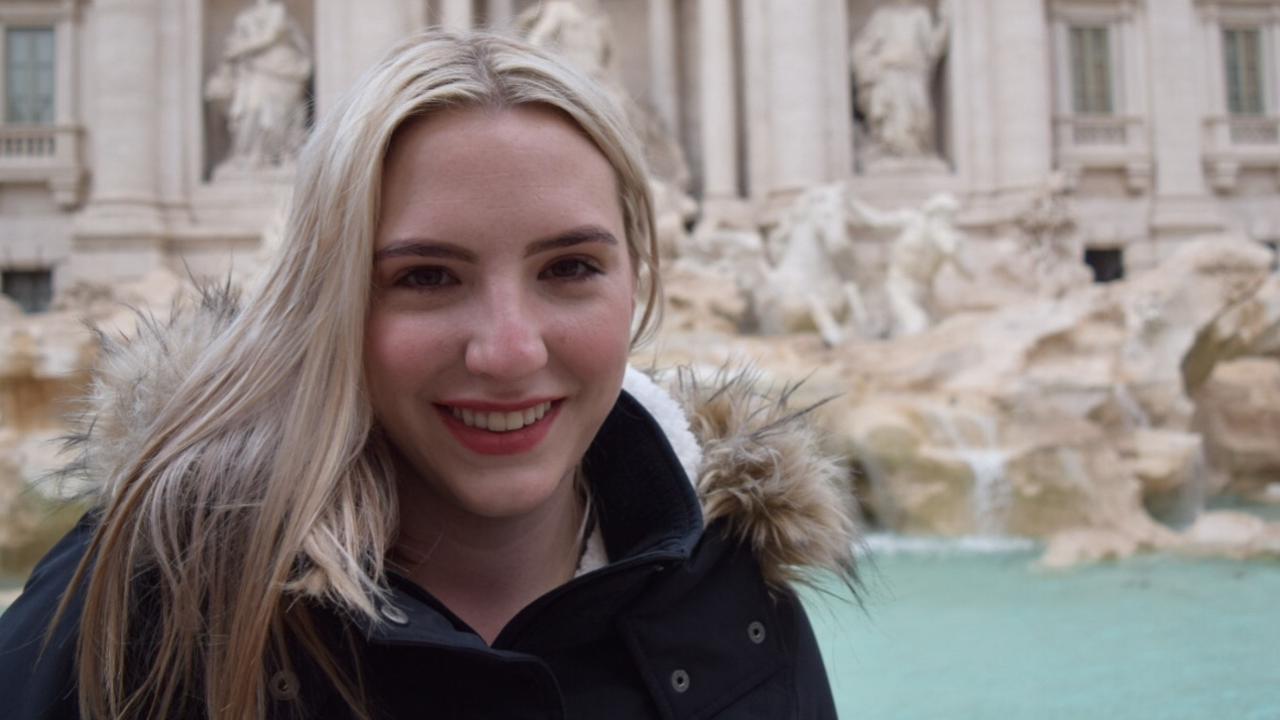
Once my court order was granted, it returned that control to me and meant I had agency over when my own name would be released.
It was an important moment, and from here, the lawyers agreed to continue representing me pro-bono as independent legal representatives.
Having independent lawyers represent my interests meant that finally someone was there for me in my corner.
It aided in many practical ways too. The lawyers helped clarify the charges, and were able to get intrusive media pulled down. They were there with me when the defence tried to obtain my psychologist’s notes.
They instilled in me a confidence to assert myself and helped debrief me along the way.
The significance of their support became very apparent to me during my cross examination. While the lawyers couldn’t coach me on what to say or do, they were able to give me a reality check about what to expect: that nothing good ever comes from cross-examination, to keep my answers simple and short, and to remember that the truth was on my side and that is a powerful weapon.
For 18 months, my impending cross examination had played on repeat in my mind.
Silent moments were filled with thoughts of how I would be picked apart. I estimate I spent at least 1000 hours playing it all out. The night before my cross examination I read through the transcript of my police interview and I got hardly any sleep as I pored through what I thought would be misconstrued as inconsistencies.
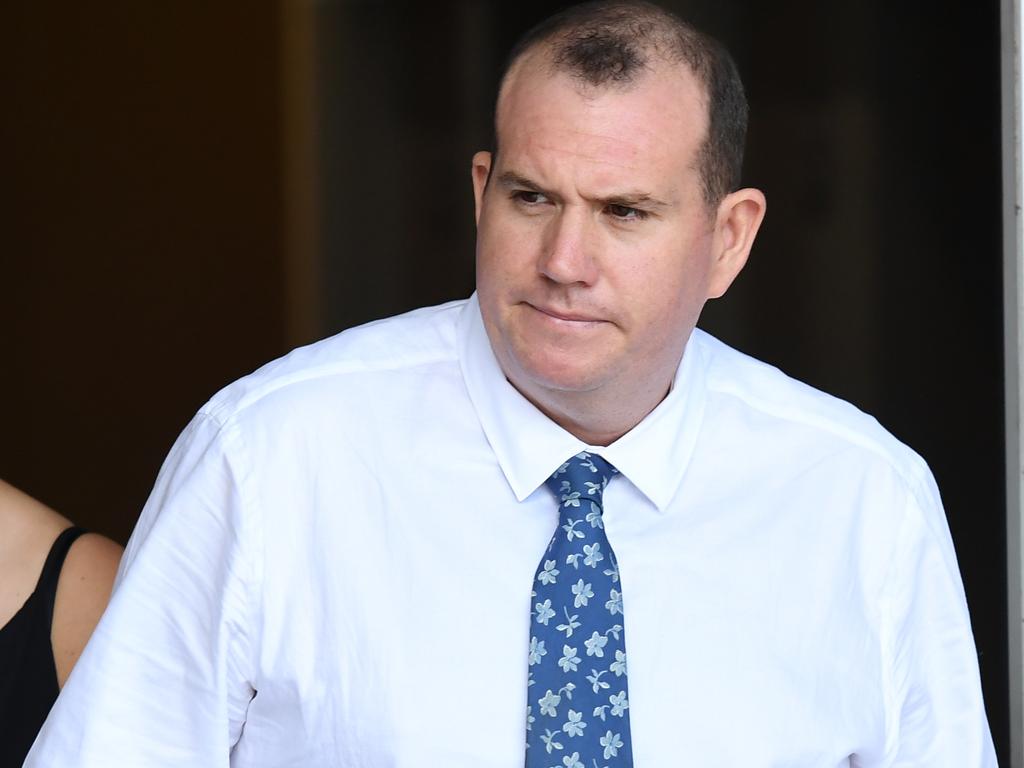
Of the hundreds of cross examination questions I put to myself over that period not a single one I anticipated came up.
Instead, the defence led with comments about my weight; attacks on my parenting abilities; accusations of having memories falsely implanted; and attempted to suggest other family members were responsible.
Despite these attacks, I did brilliantly and eventually my brother was found guilty of six rapes and sentenced to five years jail.
I left the process with my faith in the legal system still intact and critically, I put that entirely down to the fact that I was fortunate enough to have my own legal representation throughout the latter part of the process.
With their help I was able to take up a seat at a table I would have otherwise been excluded from. It meant I had access to a fair trial, without compromising the defendant’s right to one.
However, this is a rarity in Australia.
In various other countries, sexual assault complainants are entitled to have their own legal representative present in court and I believe this needs to happen in Australia.
Currently the Federal Government is planning a pilot for independent legal representation in three locations: ACT, Victoria and Western Australia. This is a good start.
But it will likely be years until survivors across the whole country are eligible to access independent legal representation and in the meantime, it is falling on pro-bono divisions of law firms and groups such as the #LetHerSpeak campaign to fund the shortfall.
Given the justice system cannot respond to sexual assault without survivors performing the vital community service of reporting to police, the least they deserve when they do so is free and fair representation.
For me, it meant the world.
Laura Rowe is a survivor of family child sexual abuse and a lawyer. She was admitted to practice law in the ACT in 2023, after completing her Bachelor of Laws at Charles Darwin University in 2020. This article is written in her personal capacity and is not a reflection of the views of any organisations Laura is or has been affiliated with.
Nina Funnell, the editor of this piece is a Walkley Award winning freelance journalist and the creator of the LetHerSpeak campaign, which contributed payment towards Laura’s court order.



